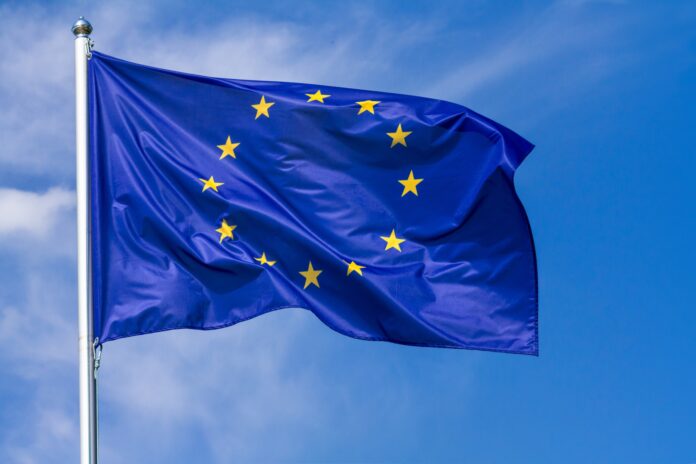Another factor thrown into the debate about the future of Europe’s industry
The European Union’s (EU) Commissioner for the Internal Market, Thierry Breton, says he wants a more homogeneous internal telco market. The call for action comes in the middle of a wider consultation on the future of the European telco sector which includes the possibility of introducing fair-share levies on Big Tech.
Breton reckons that Europe’s “fragmented telco market” is part of the problem, speaking at a conference organised by fair-share proponent Orange. He pointed out in the US, there are just three active national mobile operators and an emerging fourth whereas in Europe, there are mostly three or four per country, so no wonder the US operators fare better.
Create then complain
This is almost entirely due to the European Union’s policy to encourage competition and provide customers with choice, and general stance of being anti-consolidation. It’s a politician’s trick of criticising a situation as though it is nothing to do with them, much less that the institutions or parties to which they belong were instrumental in creating it
Breton is also unhappy that 5G deployment lags the US, which covers about 95% of the population versus 72% in the EU’s 27 member states, and that European investment in 5G is lower per capita than elsewhere in the world. Anybody at the EC ever heard of the word ‘scale’ or the fact that most European operators have staggering levels of debt which is one of the reasons they’ve been selling off assets like towers?
He did acknowledge that European telcos have been complaining for a long time about the financial viability of infrastructure upgrades to meet the EU’s political vision, adding that while telcos in the US have been allocated $90 billion to invest in broadband via the Infrastructure and Investment Act and Job Act and post-COVID American Rescue Plan, the equivalent in Europe iless than a quarter of that amount.
Consultation closed
It remains to be seen what conclusions and courses of action the Commissioner comes up with from the consultation, which is now closed. Breton said there were more than 437 contributions from parties ranging from member states, to companies, hyperscalers, start-ups, non-government organisations, academics, think tanks and others.
The fair-share case is a central plank of the consultation. At MWC this year it seemed that the argument that the handful of companies whose customers generate huge amounts of network traffic, principally streaming video, should contribute to the cost of carrying it was gaining traction. European operators have been arguing this for some years and notably South Korea has implemented it successfully
.
However, as reported earlier in the week, after a meeting of member states’ telecoms ministers last week, opinion are divided with some robustly against the proposition, at least without more facts and projections about possible impacts, such as costs being passed onto consumer and stifling innovation.
What now?
So whether some sort of fair-share deal can be reached, or consolidation is given the green light or the EU decides to pour public money into the sector remains to be seen. As things stand, hyperscalers and other digital giants could buy operators almost out of their petty cash if it weren’t for their protected status as critical infrastructure.
In an odd kind of way the row over Huawei and others being potential instruments of the Chinese state has served to highlight their special status so perhaps even the Brits won’t sell out.



